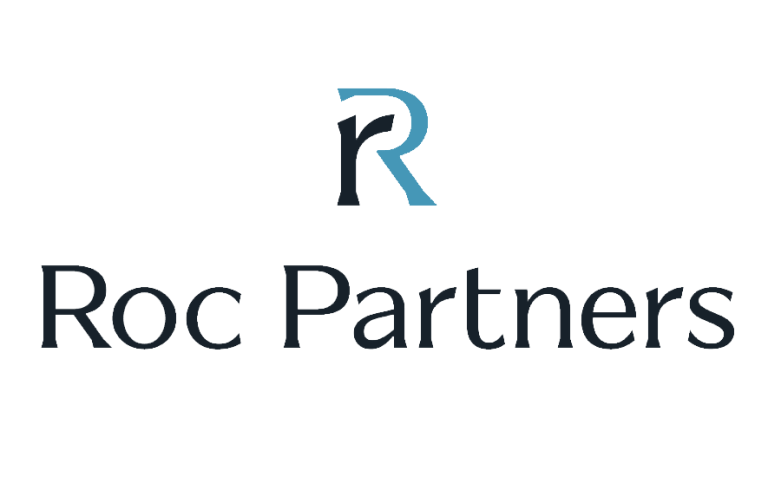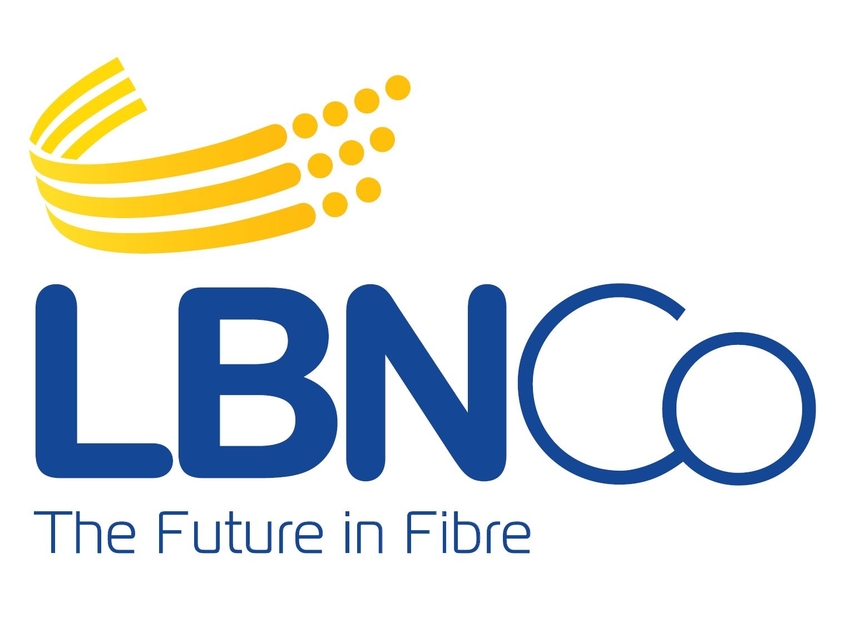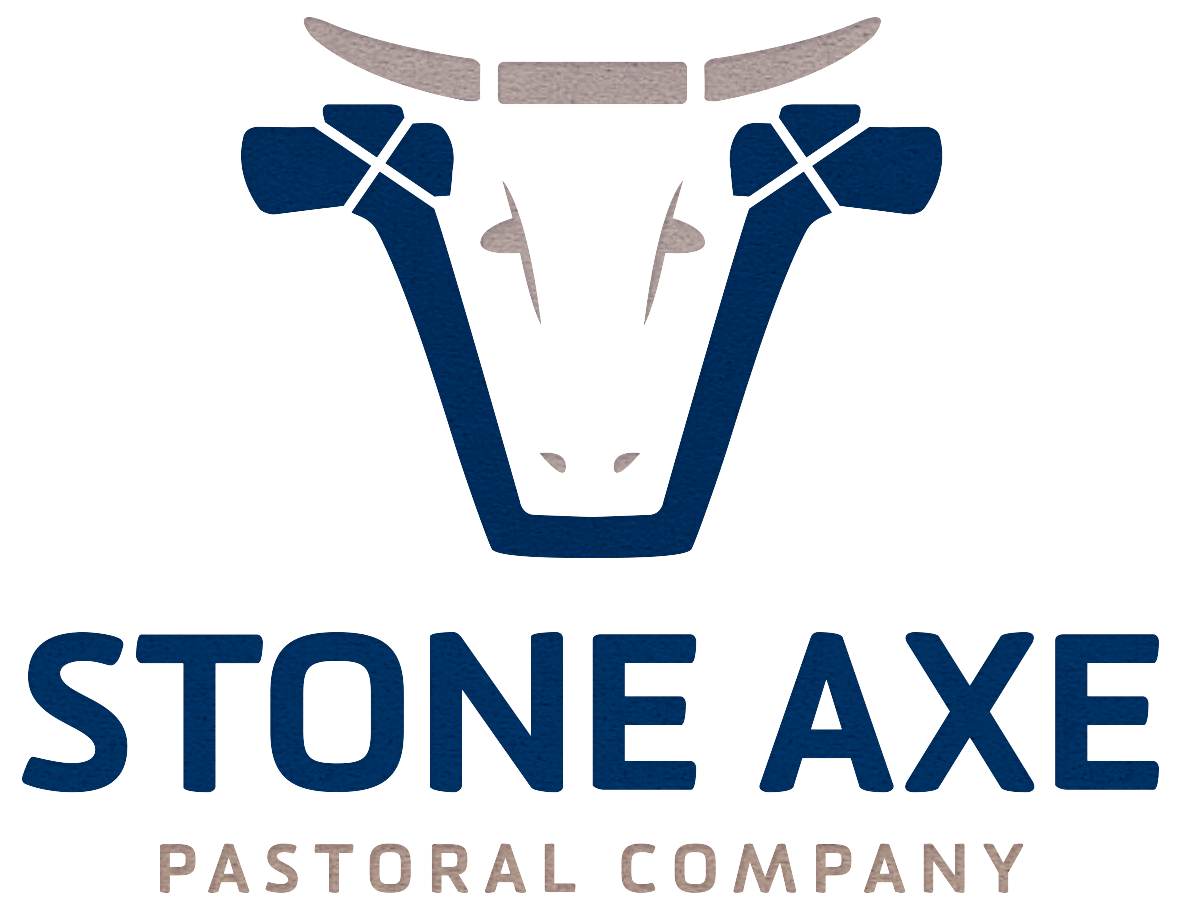Sam Bayes: Mike, it's been a year since we last connected. Can you provide an overview and just refresh our memory, what is Roc’s approach to ESG integration and responsible investment?
Mike Lukin: Yeah. No, Sam, it's more of the same, but hopefully getting better at what we're doing and formalizing our approach. And really I think, reflecting on how we think about ESG within Roc Partners, it's all about integration. So our team, as you know, sit within the investment team. We don't put our ESG capability outside of the investment team in the same way we would our risk and compliance team or our finance team.
It's very much an investment driven outcome. And that really stems back to my personal philosophy around all this, which is we're really trying to maximize value for investors.
And there's probably a couple things that have happened over the last few years that need to address ESG issues through your ownership period.
And the first of those is just common sense that if you have issues around environmental liabilities, around poor governance, around lacking cohesion within your organization, that's going to go to value when you sell these businesses. So whatever we can do to improve those businesses over the ownership around all those things clearly means there's less risk for the new buyer coming in at the end of our ownership period.
So retaining a focus on that so that we can maximize value is really important for us as an investment team. Then secondarily, and this is just continuing to gain momentum in the market is, the more shots on goal you have, more likely you are to score, right?
So the more investors that come to a process when you are selling an asset, the more likely you're going to get an auction style process.
We've all been at house auctions and we see when one person's registered, what happens? There's no process. And we've seen when there's a dozen people kind of registered for a house auction, it can get pretty out of hand. And really that's what we want for our investors.
We want that auction process to have 12 people bidding on that house. And so integrating ESG into everything we do and being able to have a really strong narrative that we've actually delivered and developed a really good ESG platform within these portfolio companies, when we're looking to sell means that we have the ability to get the biggest possible buyer pool into that process when we want to sell the asset.
And I think that's really important to frame how we think about ESG and why it's important, within the way we kind of make investment activity here at Roc.
Sam Bayes: And just building on that point of narrative, I reflect, I've been at Roc Partners over 18 months now, and when I joined, that's not when ESG integration started happening.
Roc Partners was integrating ESG into the investment process many years before I arrived.
But I think what we've really successfully done over these past two years is actually formalize it and communicate how we doing that better. And the way that we did that was when we sat down and we were like, how do we communicate this? Let's do it through a responsible investment framework.
Which, as you mentioned, it's shared value. So everything that we do, we are trying to create value for our investors, for the communities in which we invest for our portfolio companies, for the management teams. Integration, Jenna and I sit within the investment team. We attend every investment meeting, every committee meeting, and we really feel that we are part of the investment decision making process.
And then lastly on transparency, how do we actually report the good work that we are doing and what is the consistent disclosure that we can share with our investors? And also just show the portfolio companies that we are not just reporting for reporting sake, we actually can see tracking on you. These are the KPIs last year, this is what it is this year, and show that value creation activity.
Mike Lukin: Yeah. And absolutely agree. And I think, what you and Jenna have brought to the business is really that ability to articulate that not only to the team here, but I think get it inherently, but more importantly, probably our portfolio companies.
A lot of the groups that we work with are less sophisticated or less aware of what investors are looking for longer term.
And so being able to roll you and Jenna in and have the backing of the broader investment team to really tell the story of why this is important is really critical. So, adding that resource has been amazing for how we can push down these strategies and philosophies into our underlying portfolio companies.
Sam Bayes: Absolutely.
Mike Lukin: And then Sam, there's never a kind of dull moment in ESG, in markets and particularly in private markets. Just a lot happening around the space. Can you maybe give us a few key takeaways from FY 23 and what you've seen?
Sam Bayes: It has been a very, very busy year. I think when I was reflecting on this, the biggest takeaway from FY23 was the lack of standardization within reporting. And this is not just a private markets problem. This is a problem even for the public markets.
But I think the problem is exacerbated in the private markets because there's a lack of standardization of reporting.
There is not a consistent reporting framework that we can turn to and look to and hang our hat on to say, okay, this is how the other GPs are doing it in the market.
There's also that question of this is private markets. So companies are less willing to share and disclose information even if it is ESG information because it's proprietary.
And if I look at the regulatory framework, the standards that are emerging are more targeted towards those big listed companies. We don't really have that regulation to say, okay, this is where we see the market moving.
So seeing the private market industry come together, and I'm privileged to be the co-chair of the AIC ESG committee and really the members of that committee are not just the GPs that are really taking ESG seriously and have been doing it for a long time. There's also members in that committee that are saying, we really want to do this, but we just don't know where to start. And seeing the private markets industry, particularly in Australia, come together and problem solve.
We've had round tables, we've had conferences, we've had webinars. And the ILPA EDCI framework, that's the ESG data convergence initiative, that was established in the US and that's been a key framework that was established just for private markets. That's the framework that Roc Partners uses.
So that's one framework that we've had that we've all trialed and tested. But even that has had its challenges and difficulties.
But another thing that we all really actually agree on is we cannot be doing reporting for reporting sake. Some of the questionnaires that we get from our LPs, it can be frustrating at times because it feels like it's a check the box exercise. And sometimes those LPs don't come back to you and say, we've actually read your answers. We have follow up questions.
So we've been really diligent and even the questionnaires, we sent our GPs, we want them to be meaningful, we don't want it to be a check the box exercise.
And then the data requests that we send our portfolio companies, it's really important that deal team members as board members understand why are you asking this information from the portfolio companies. How is this going to change the decisions that we make at the board level? How is this going to help inform our strategy?
And really that partnership model of explaining that to the port-co’s to say, we are not just doing this so we can create a glossy responsible investment report, which we do, but it actually helps drive changes and it really informs the strategy of the business going forward.
Mike Lukin: And the work AIC’s doing is great around not only getting uniformity amongst the GPs, but then bringing those GPS along that maybe don't have the resource. To have two full-time resources in the area.
What about on the LP side? So I see a lot of these surveys they get sent through to you and they're all a little bit different. Is the ability to work with the LPs as well around uniformity and consistency and approach, so for those GPs that maybe don't have you and Jenna bashing out reports every day, that they can also work in with a broader movement around ESG in the market?
Sam Bayes: now we are looking at FY24, so hopefully an update for next year's video, but that's something that's on the agenda to say is there a standardized DDQ template like we have for the financial questions or operational questions? What are the ESG DDQ questions that this is the one-stop shop that all LPs should be using when asking ESG related questions. But you are right, it's really important that the smaller GPs who don't have resources are also taken on the journey. Because it then improves the LPs disclosure and it's just better for the market as a whole.
Mike Lukin: Yeah, absolutely. Great.




